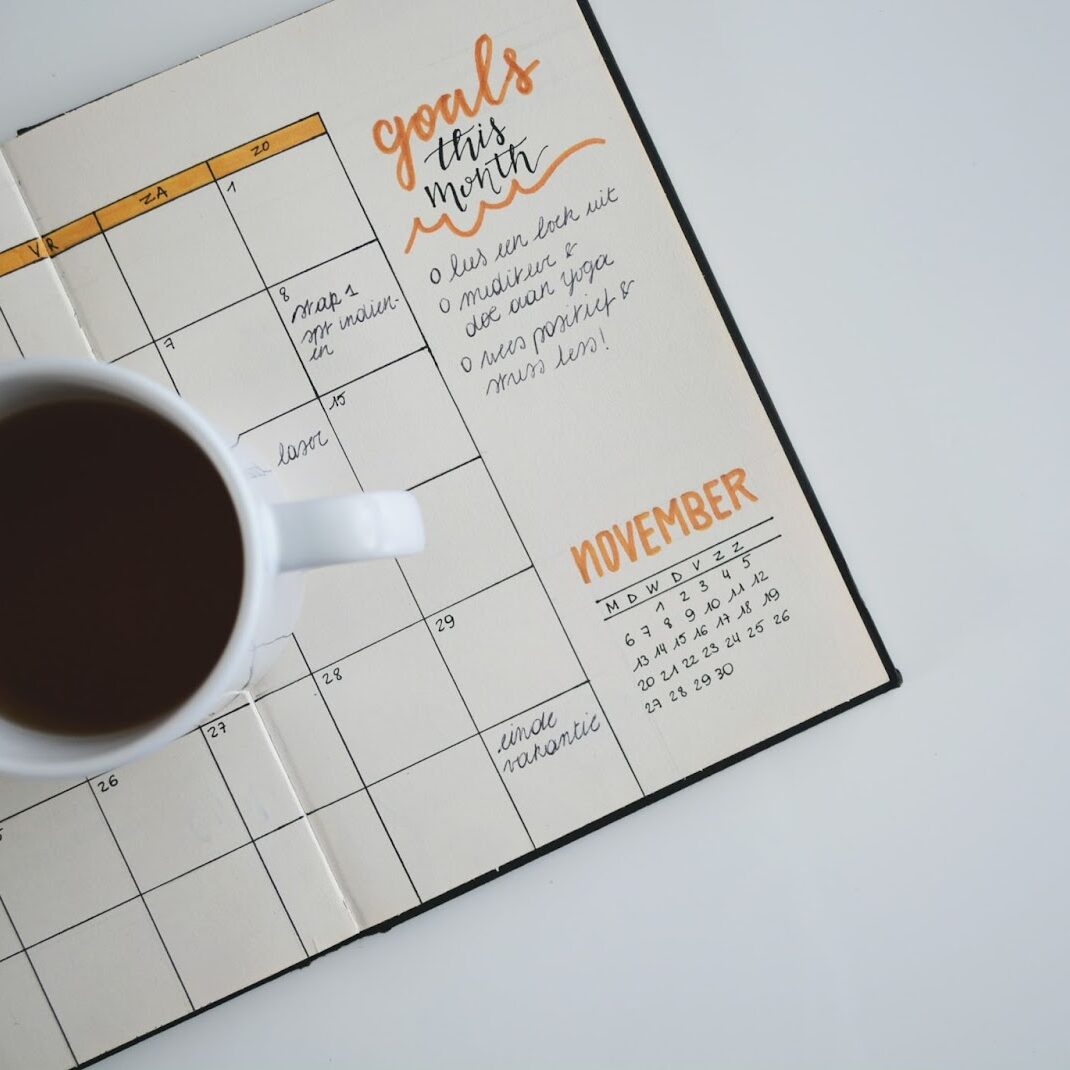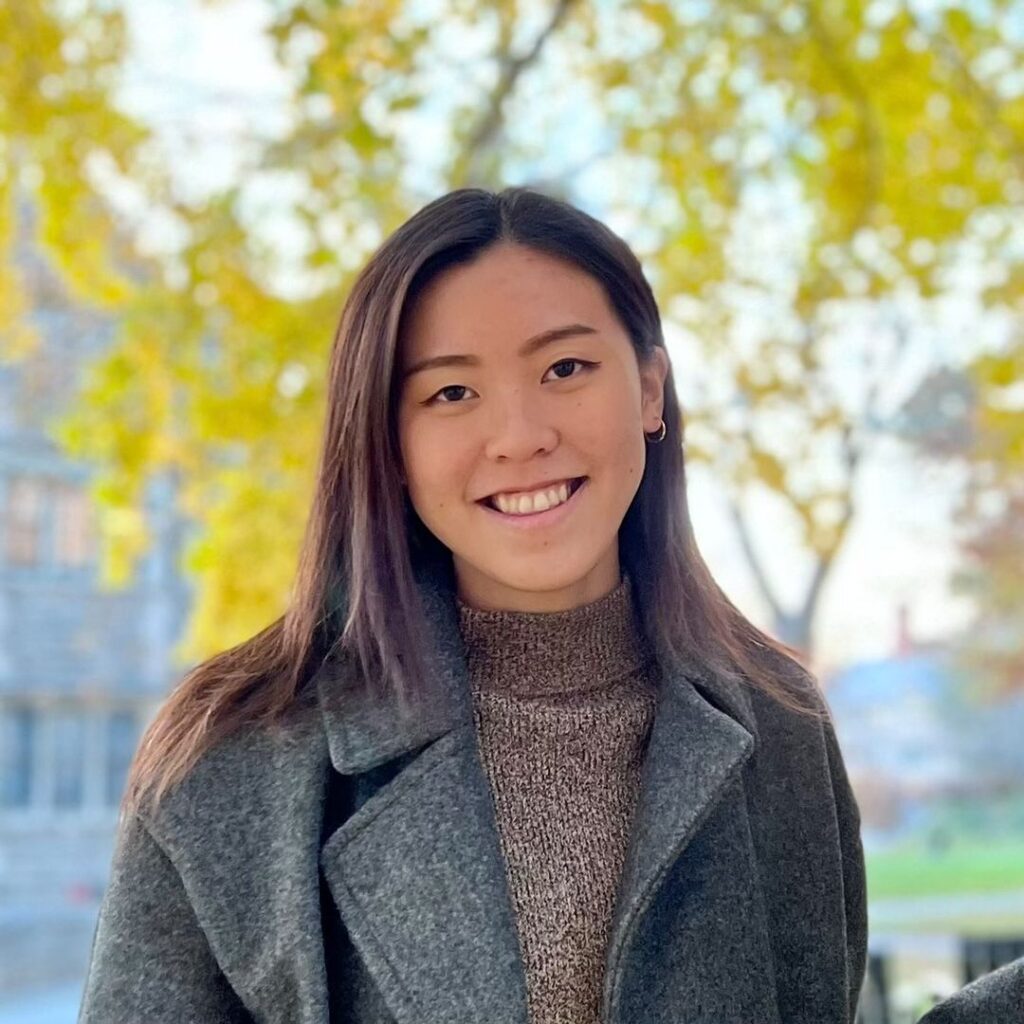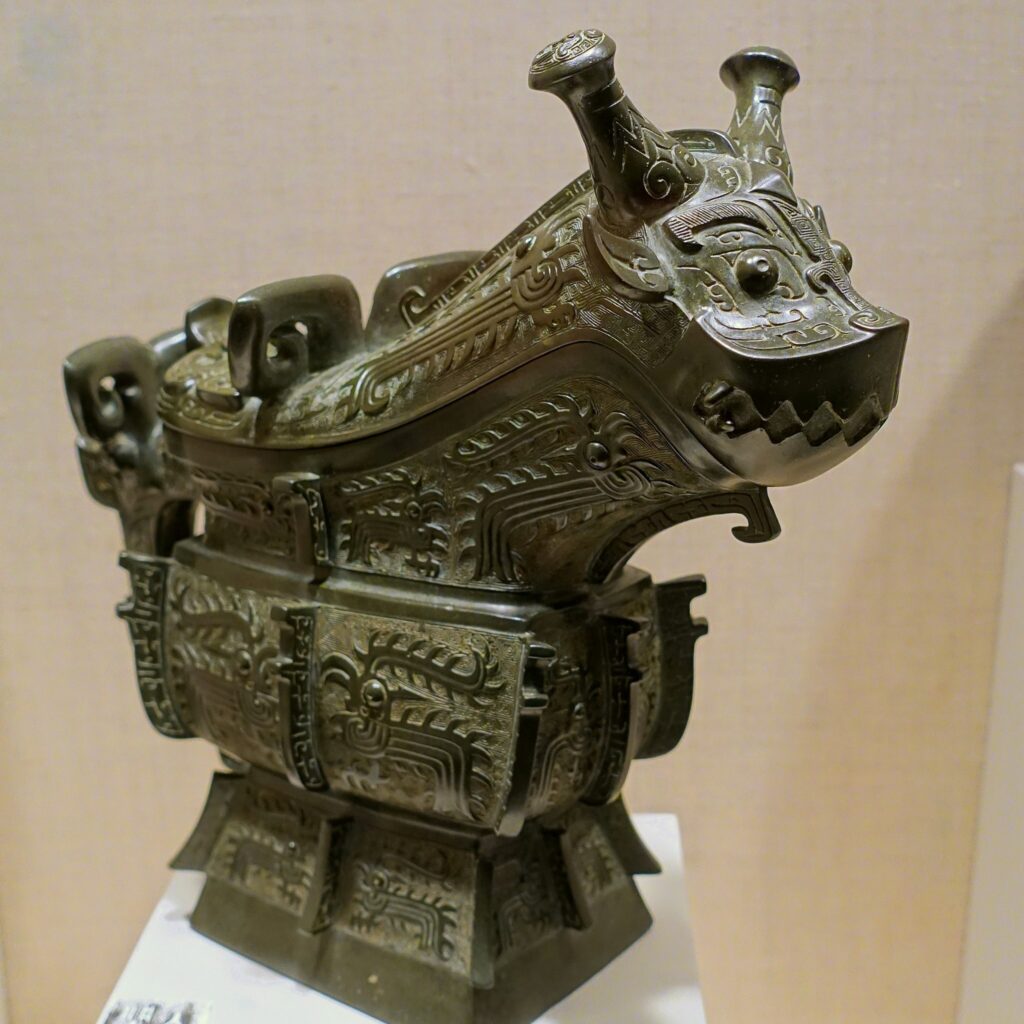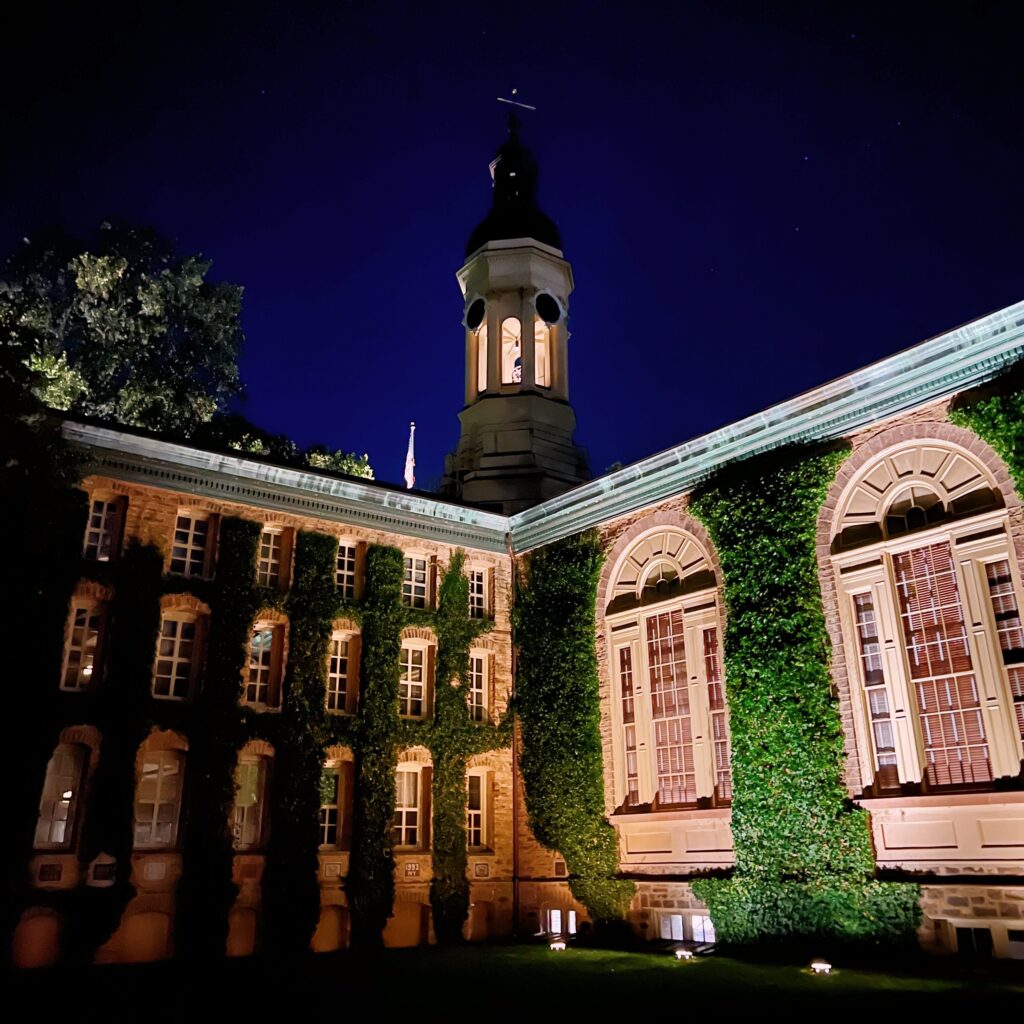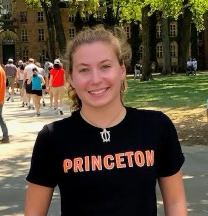
Thank you to the best friends in the world for sending in their favorite courses!
“Does anyone know a good English class?” “I need to fulfill my history requirement.” “I am looking for a chill, creative P/D/F course.” Everyone is searching for the best schedule possible and I know that many of you are open for suggestions. In my last post, I wrote about my favorite courses at Princeton as a SPIA major interested in law and service (see post here). But, I understand that every Princeton student is unique, so I have spoken with classmates and friends within other majors to better understand the full Princeton experience. Thus, without further ado, here are the most unforgettable courses that they have taken at Princeton.
Continue reading Princeton from a Student’s Perspective: The Most Legendary Courses at Princeton University

